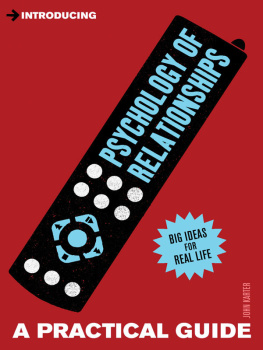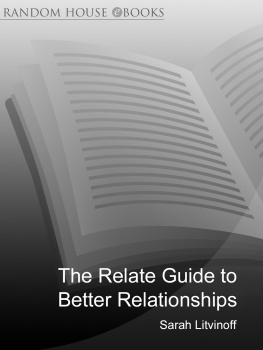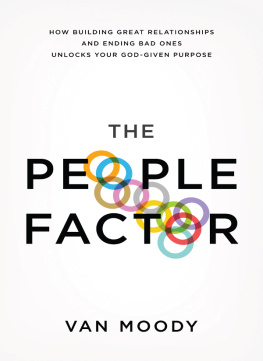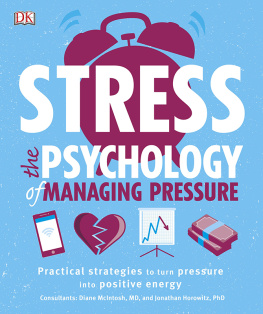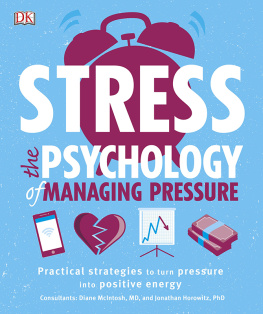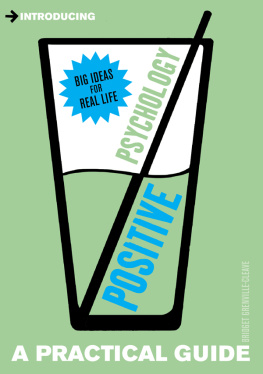

First published in the UK in 2012
by Icon Books Ltd,
Omnibus Business Centre,
3941 North Road,
London N7 9DP
email:
www.iconbooks.co.uk
This electronic edition published in the UK in 2012 by Icon Books Ltd
ISBN: 978-1-84831-360-6 (ePub format)
ISBN: 978-1-84831-361-3 (Adobe eBook format)
Printed edition sold in the UK, Europe,
South Africa and Asia
by Faber & Faber Ltd,
Bloomsbury House,
7477 Great Russell Street,
London WC1B 3DA
or their agents
Printed edition distributed in the UK, Europe,
South Africa and Asia
by TBS Ltd,
TBS Distribution Centre,
Colchester Road,
Frating Green,
Colchester CO7 7DW
Printed edition published in Australia in 2012
by Allen & Unwin Pty Ltd,
PO Box 8500, 83 Alexander Street,
Crows Nest, NSW 2065
Printed edition distributed in Canada
by Penguin Books Canada,
90 Eglinton Avenue East, Suite 700,
Toronto, Ontario M4P 2Y3
Printed edition published in the USA in 2012
by Icon Books
Inquiries to: Icon Books Ltd,
Omnibus Business Centre,
3941 North Road,
London N7 9DP, UK
Printed edition distributed to the trade in the USA
by Consortium Book Sales
and Distribution
The Keg House, 34 Thirteenth
Avenue NE, Suite 101,
Minneapolis, MN 55413-1007
Text copyright 2012 John Karter
The author has asserted his moral rights.
No part of this book may be reproduced in any form, or by any means, without prior permission in writing from the publisher.
Typeset in Avenir by Marie Doherty
About the author
John Karter is a UKCP registered psychotherapist in private practice. He has worked as a therapist in various settings, including GamCare, the national association for gambling care; a child, adolescent and family unit of the NHS; and secondary and further education. He has been a tutor in psychotherapy and counselling at Regents College School of Psychotherapy and Counselling Psychology and Richmond upon Thames College. He is the author of On Training To Be A Therapist (Open University Press), which is used as a standard textbook on training courses. John has been a writer for The Sunday Times, The Times and The Independent, and is also the author of a novella entitled The Profit (Roastbooks).
Acknowledgements
Sincere thanks to Susi Noble and Katerina Dimakopoulou for reading through the manuscript and making invaluable comments and suggestions. I am also grateful to Duncan Heath, Harry Scoble and everyone else at Icon Books for their professionalism and support in bringing this book from basic manuscript to finished article.
Authors note
Its important to note that there is much frequently-used research employed in the psychology of relationships.
Where I know the source I have been sure to reference it, but my apologies here to the originators of any material if I have overlooked them.
Contents
Introduction
Grow old with me! The best is yet to be.
Robert Browning
This is not another book about love or how to find love; there are more than enough of those out there already. My aim is to help you to understand your relationships and to achieve new and healthier ways of relating by explaining some of the major underlying psychological principles and drivers that lead us to think and behave in certain ways with our spouses or partners. Identifying and working on these motivating factors will help to eliminate knee-jerk reactions and will nourish and sustain the relationship instead of allowing it to plod along and deteriorate by default.
Working as a psychotherapist, I encounter the full range of psychological drama and complexity through the stories clients tell me about their lives. Yet, no matter how often I peer into the kaleidoscope of passion, joy, sorrow, and the whole range of emotions that constitute what it means to be human, I am still surprised by the widespread misconceptions that people hold about major life issues.
High on the list of these beliefs are the expectations people have of their relationships. For the purposes of this book I am referring to love/romantic relationships between adults, both heterosexual and same-sex; although some of the principles in this book can be applied to relationships generally.
Most readers will, Im sure, be familiar with the adage Who ever said life was meant to be easy? which, despite its intrinsic flippancy, contains a fundamental truth. For many, there is an assumption that success and happiness should be handed to us on a silver platter; that those states of being are, if you like, an inherent and inalienable part of our birthright. In the case of relationships, there is often an expectation that these love partnerships should not only provide a permanent state of bliss but alleviate all the difficulties of living as well.
Its natural and healthy to dream of finding someone with whom we can enjoy a joyful, nurturing, fulfilling relationship. However, when we buy into the widespread idea that harmony and mutual fulfilment happen automatically as a result of meeting the right person, an important factor is missed, or dismissed. Meaningful, lasting relationships are incredibly complex, multi-faceted psychological structures that are not built in a day and do not happen purely by accident.
That is certainly not intended to offer a negative take on what can be the most sublime and uplifting of all human experiences; rather it flags up a key principle of this book, namely that the more you put into relationships, both in terms of effort and understanding, the more you get out of them.
Like so many things in life, the index of success in relationships almost invariably correlates with the amount of sustained attention, effort and, occasionally, self-sacrifice that each partner is prepared to bring to it. In this context, I am reminded of Gary Players response when asked for the secret of his phenomenal success as a champion golfer: The harder I practise the luckier I get. Other qualities such as caring, nurturing, giving, and, of course, genuine loving, play a huge part as well but these do not preclude the need for working at a relationship to ensure its continued stability and growth.
A relationship that is taken for granted, not worked at to some degree, or where either partner (or both) does not respect the other as a person, downplays or dismisses their needs, makes no attempt at meaningful communication, and does not honour certain boundaries of behaviour, will almost invariably wither and eventually die.
This is where the psychological basis of a relationship kicks in, which means, paradoxically, that working at it is often not enough in itself. Given those complicated and often delicate underpinnings which are usually out of our awareness or in our unconscious, to use the psychological term focusing on the visible issues, such as better communication, acceptance of the other persons human failings, and learning to deal with change, needs to be supplemented by an understanding of what is really going on beneath the surface of the dialogue and interactions.
The more you are able to gain insight into the hidden agendas, feelings and unspoken communications, and uncover what is really happening between the two of you, the better placed you will be to deal with conflict, change negative and destructive patterns of relating that eat away at the fabric of the relationship, and bring those vital qualities of mutual nurture, respect and genuine love into play.
Next page
